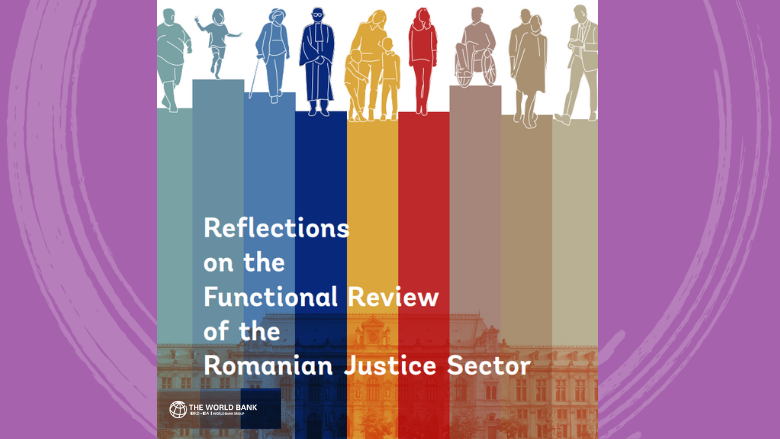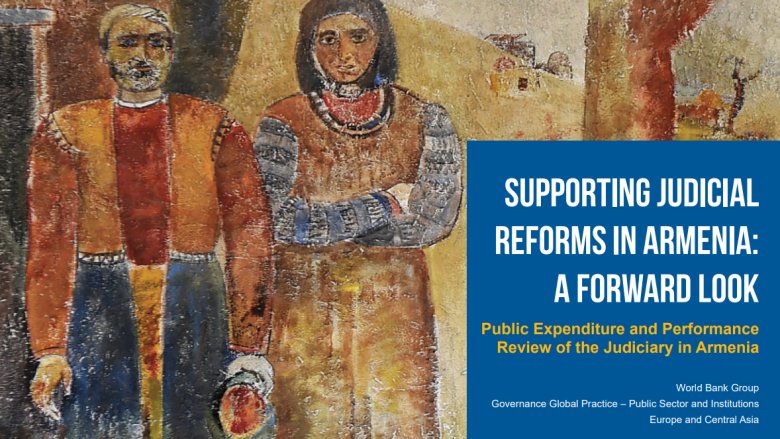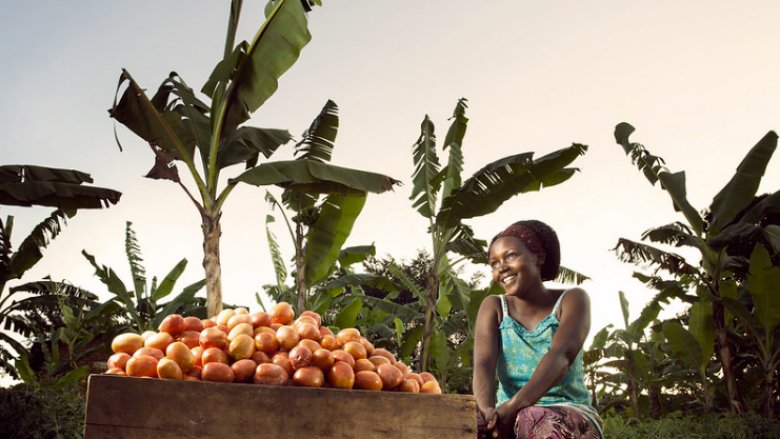The Tanzania Citizen-Centric Judicial Modernization and Justice Service Delivery Project, $65m IPF (Apr 2016 - June 2022)
The project supports the Judiciary to improve the efficiency and transparency of, and access to, select high-impacted citizen-centric justice services. Access to justice for user groups such as women, small businesses, and rural poor are severely constrained among other users, due to socioeconomic, cultural, political, infrastructure, and governance factors. The lack of public information, slow publication of court decisions, and perception of corruption in service delivery aggravate the problem of access to justice and highlight other operational deficiencies within the justice system. This project was designed to support judicial reforms necessary to facilitate a results-oriented, citizen-centric, and accountable justice delivery system.
The project has facilitated the use of various innovations and technologies to deliver timely and accessible justice to the citizens. Among the recent results of the project include: increased citizen confidence on justice services by 33%: increased access to court service through the construction of 6 integrated justice centers (IJCs) which operate as one-stop-justice-centers including the first ever gender justice IJC in Africa and the second in the world, dedicated to matrimonial, probate and other justice services for women, and 18 subordinate courts (SBCs) serving over 13 million citizens; reduction in citizen distance and cost to access court services by 20% to 50%; increased transparency through online publication of high court and court of appeal decisions from less than 5% to 85%; and reduction in case backlog by 50%. Other innovations include the use of mobile court services (justice-on- wheels) to the rural and hard to reach areas which allow for easier and faster access to justice services to the vulnerable groups such as women and the poor; and the establishment and adoption of video conference court hearing services.
Impact: The recorded impact on transparency and justice accessibility by leveraging digital technologies and modernizing court infrastructures.
(i) The Judiciary amended 13 procedures which has enabled realization of timely and accessible justice for all. Specifically, the reduction in court procedures led to an increase of 6% in the disposal rate for all cases from 78% in 2021 to 84% in 2022; the percentage reduction in case backlog by 50% from 13% in 2021 to 6% in 2022; and the reduction in average time taken to conclude a case from 119.9 in 2021 to 95 in 2022.
(ii) The online publication of 85% of High Court and Court of Appeal decisions (surpassing the annual target of 10%) led to improved transparency and citizens access judicial information. This elevated the Judiciary of Tanzania as the leading legal information institute in the world according to the World Legal Information Institute (http://www.worldlii.org/countries.html). In 2022, 75.4% of visitors who accessed the WORLDLII for knowledge navigated the Tanzania site; followed by the US at 5.19%. The increased access to court information also contributed to the reduction in court complaints by 6%.
(iii) The introduction of mobile courts (specialized vehicles equipped with remote digital and solar power capabilities), have facilitated a significantly expanded access to justice and improved case dispensation, such that, case clearance rate through mobile courts has improved to only 30days from 120 days in a normal court; citizen appearances has reduced to 4 times from 8 times in normal court; distance travelled to access court services has reduced to 12km from 21 km for a normal court; and the hours spent in a court has reduced to 4 hours from 96 hours in normal court. All these have also reduced travel and meals per person for attending a case in the normal court by over 50%.
Innovation: This Project, which is the Bank’s justice operation in the region with a citizen-centric focus, has brought several innovations in the Tanzanian Justice system which have not only increase the efficiency, transparency, public trust and access to select citizen-centric justice services.
To enhance public awareness and build public trust, the project supported the establishment of live and interactive TV program called “TALK TO THE JUDICIARY”, whereby Citizen are allowed to dial in for clarification on various issues pertaining to Judicial activities. Furthermore, the project supported the establishment of a 24hrs call center to respond to various public concerns and enquiries on court procedures especially from the rural and marginalized population who cannot easily access courts physically. These two innovative initiatives resulted in the reduction of overall complain on court processes by 6% in less than a year.
Another stunning innovation is the establishing of the Temeke integrated justice center, which is the first ever one-stop-shop gender justice centre in Africa and the second in the world (after Singapore), dedicated to matrimonial, probate and other justice services for women. This Temeke OSJC is uniquely set-up to provide gender-specific features, such as gender desks for domestic violence, gender-based violence (GBV), and other gender-specific matters; counselling; and legal aid services in dignified and smart-designed one-stop-justice-centers (OSJCs). On average, the Temeke OSJC receives 500 customers per day, and has already which is the highest number to be achieved by any court in the country and registered about 147,485 customers in one year.
On several occasions, the project has been consistently recognized by the President of Tanzania and the Chief Justice in public statements for transformative innovations; and many countries including Uganda, Turkey, Ethiopia and Jamaica came and learn from Tanzania. This Project, which is the Bank’s justice operation in the region with a citizen-centric focus, has brought several innovations in the Tanzanian Justice system which have not only increase the efficiency, transparency, public trust and access to select citizen-centric justice services.
To enhance public awareness and build public trust, the project supported the establishment of live and interactive TV program called “TALK TO THE JUDICIARY”, whereby Citizen are allowed to dial in for clarification on various issues pertaining to Judicial activities. Furthermore, the project supported the establishment of a 24hrs call center to respond to various public concerns and enquiries on court procedures especially from the rural and marginalized population who cannot easily access courts physically. These two innovative initiatives resulted in the reduction of overall complain on court processes by 6% in less than a year.
Another stunning innovation is the establishing of the Temeke integrated justice center, which is the first ever one-stop-shop gender justice centre in Africa and the second in the world (after Singapore), dedicated to matrimonial, probate and other justice services for women. This Temeke OSJC is uniquely set-up to provide gender-specific features, such as gender desks for domestic violence, gender-based violence (GBV), and other gender-specific matters; counselling; and legal aid services in dignified and smart-designed one-stop-justice-centers (OSJCs). On average, the Temeke OSJC receives 500 customers per day, and has already which is the highest number to be achieved by any court in the country and registered about 147,485 customers in one year.
On several occasions, the project has been consistently recognized by the President of Tanzania and the Chief Justice in public statements for transformative innovations; and many countries including Uganda, Turkey, Ethiopia and Jamaica came and learn from Tanzania.
- TTLs: Deborah Isser, Waleed Malik
Citizen-centric judicial modernization and justice service delivery project (Additional Financing), $75m IPF (Jan 2022 - 2025)
- To improve the efficiency and transparency of, and access to, selected citizen-centric justice services.
- Components: i) Governance, Organization, and Systems Development; ii) Skills Development, Inspection, and Performance Management; and iii) Access to Justice and Public Trust.
- TTLs: Deborah Isser, Waleed Malik






